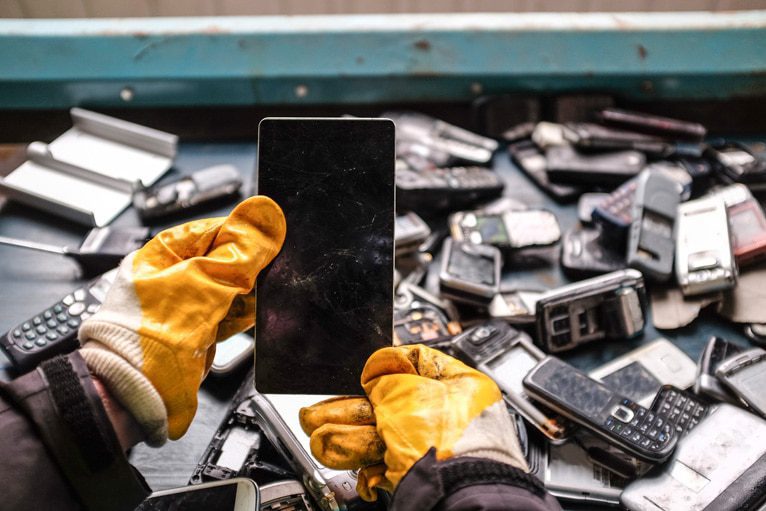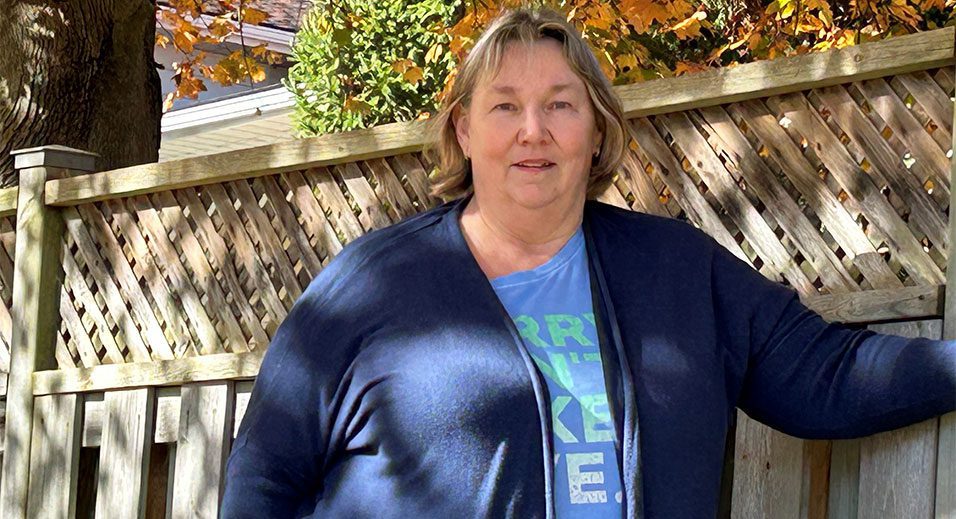According to the United Nations, humans have generated more than 44 million tonnes of electronic and electrical waste globally in 2017. To put this into perspective, that is the same as 9 million elephants, 220,000 blue whales, or 6,000 Eiffel Towers.
Electronic waste, or e-waste, includes, but is not limited to, laptops, TVs, lamps, calculators, phones and cameras. E-waste contains hazardous and carcinogenic substances such as, mercury, lead and cadmium that are incredibly toxic to the environment, and can lead to serious health problems in humans. Less than 20 per cent of e-waste is formally recycled, leaving 80 percent either ending up in landfill or being informally recycled. It can take e-waste anywhere from 50 years to 1 million years to decompose; it is far more likely to pollute the environment than it is to biodegrade.

At Maple Leaf Foods we have set ambitious goals for ourselves to reduce our solid waste by 50 per cent by 2025. We are aware that it is not always possible to eliminate waste and we are working diligently to implement recycling programs across our facilities to help divert waste that would otherwise go to landfill.
Our electronic waste recycling program has been in place for many years. Since 2014, we have recycled 31,386 pounds of electronic waste. “I am committed to the success of the e-waste recycling program and its contribution to the Maple Leaf Foods’ sustainability program in how it contributes to our overall reduction of e-waste and carbon footprint,” said Craig Legary, Information Solutions Senior Analyst.
We have partnered with TechReset to recycle all our used electronics. TechReset has a zero to landfill initiative where their first goal is to repurpose the electronic materials through remarketing. When that is not possible, they work with Ontario Electronic Stewardship (OES) to recycle the material in compliance with all applicable laws and regulations in Canada.
The importance of recycling e-waste is paramount. Maple Leaf Foods is helping to address the problem and make a difference with the e-waste recycling program and encourages other companies, manufacturers and individuals to engage in proper e-waste disposal.




